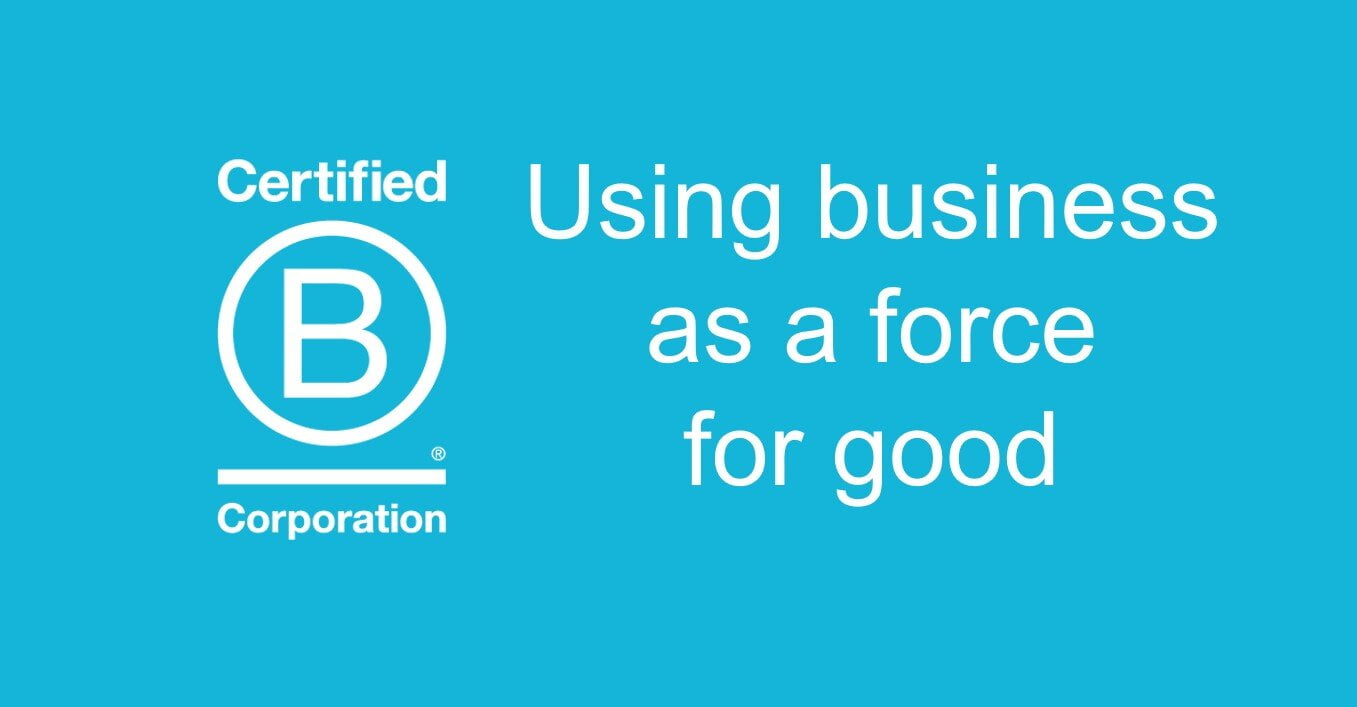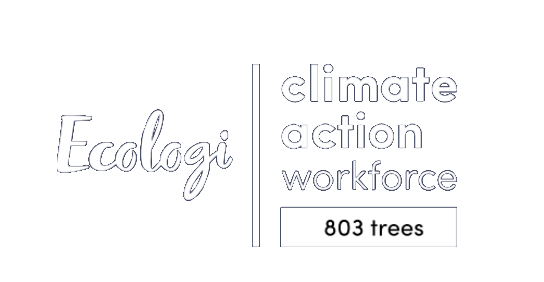June has already been an incredibly busy month in terms of United Nations Observances. World Environment Day was celebrated on the 5th of June and World Oceans Day took place on the eighth. Each occasion saw individuals and businesses come together to raise awareness for the issues currently facing our planet, with many also choosing to actively take part in eco events such as tree planting and litter picking.
Of course, this is all very important in our fight against climate change. Even the smallest steps towards sustainability are sure to make a difference. But is it enough to simply take action once or twice a year? Can we really stem environmental damage if we are not prepared to permanently adopt greener habits?
It’s easy to push the responsibility onto the Government, NGOs or corporate giants who seem to have the capacity to make large-scale change. However, there is a lot that can be done on a smaller level. Businesses of all sizes are able to make impactful decisions that both benefit the environment and earn the respect of their stakeholders.
A major part of the B Corp philosophy is that businesses should be paying as much consideration to their social and environmental impact as they do to their profit. The only way to really do this is to commit to sustainable practices that, in turn, support climate action.
So, why should businesses care about sustainability?
There is a common misconception that sustainability and profitability are mutually exclusive, but this simply isn’t true. In fact, there is much evidence to suggest that businesses that incorporate ESG principles into their strategy tend to do better in the long run.
Companies that invest in alternative energy sources, for example, will often find that their operational costs decrease. They will also enjoy the financial stability that comes with managing and mitigating sustainability risks. After all, many natural resources are in limited supply.
They might even find that their public image improves and, accordingly, so does consumer demand for their product or service. Customers are increasingly choosing to buy from businesses which are prioritising issues that matter to them, it would be a big mistake to ignore these behavioural trends.
On top of this, companies have an incredible opportunity to change the way consumers shop. In a 2018 Futerra study, 88% of respondents said that they wanted brands to help them be more environmentally friendly and ethical in their daily lives. If they truly desire to put their stakeholders first, businesses should be listening to these voices and leading by example.
How can businesses become more environmentally friendly?
1. Recycling
This is perhaps the easiest way to make your workplace more sustainable. Simply having separate bins for glass, plastic, paper and cardboard will significantly cut down the amount going to landfill.
Making sure that electronics are properly recycled is extremely important too. E-waste, which often contains harmful materials like mercury and lead, can pose a massive risk to both human health and the balance of local ecosystems.
2. Reducing toxic chemical use
Switching to environmentally preferable products (EPP) is another way to reduce your ecological impact. Using non-toxic cleaning supplies, soy-based inks and unbleached paper products is conducive to not just a safer working environment, but a less hazardous world overall.
3. Encouraging employees to carpool, take public transport or cycle
In 2019, over 27% of all greenhouse gas emissions in the UK came from the transport sector, making it the biggest carbon polluter. Of this 27%, motor vehicle traffic was the biggest culprit.
To combat this companies should either be incentivising their employees to choose alternative transport options or providing resources/facilities to make it easier for them to be more environmentally friendly. Bike racks and electric chargers are, for instance, a good place to start.
4. Monitoring and managing energy usage
Non-renewable energy consumption does enormous harm to the environment. But there are plenty of things we can do to minimise our energy use. Turning things off when we aren’t using them or investing in energy-efficient appliances are the most obvious solutions. However, we should also be looking at switching to green energy suppliers or choosing alternative energy sources e.g. solar, wind, geothermal etc. These are the things that are going to make the biggest difference.
5. Saving water
As demand increases, freshwater scarcity is expected to become more and more of an issue. To reduce your water usage, try using conservation methods like low-flow taps, toilets and showerheads. For more in-depth advice on how you can conserve water, it may also be worth getting a water audit.
Understandably, it might not be possible to make all of these changes, especially not in one go. But implementing even just a couple of these practices will significantly reduce your environmental impact.
We shouldn’t need to wait for the 5th of June to step up and take action. To really make a difference we need to start treating every day like World Environment Day, forming habits and creating solutions that will protect our planet for years to come.
To find out more about how your business can improve its environmental impact visit: https://businessonpurpose.uk/bcorp
Or email: andy@businessonpurpose.uk







